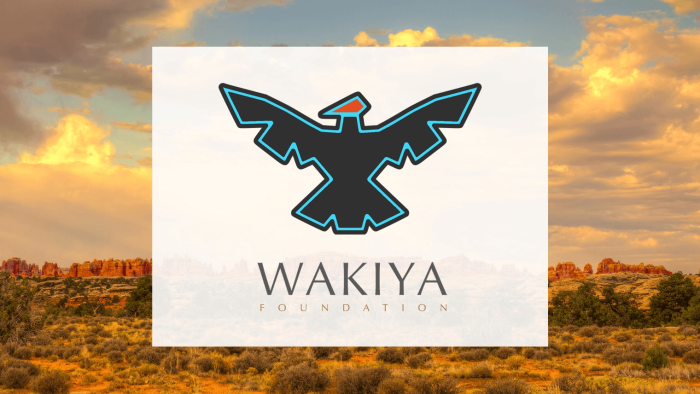
Aligning Postsecondary Education Programs and Workforce Demands to Help Learners Access Good Jobs
 Postsecondary education providers across the country are developing short-term career and technical education (CTE) programs designed to meet the needs of learners from low-income backgrounds. With the increasing cost of postsecondary education and inequitable education and employment outcomes, well-designed and implemented CTE programs have the potential to lead to upward mobility. However, there has been a lack of information about which programs and approaches are truly workforce-aligned and provide the support learners need most to succeed.
Postsecondary education providers across the country are developing short-term career and technical education (CTE) programs designed to meet the needs of learners from low-income backgrounds. With the increasing cost of postsecondary education and inequitable education and employment outcomes, well-designed and implemented CTE programs have the potential to lead to upward mobility. However, there has been a lack of information about which programs and approaches are truly workforce-aligned and provide the support learners need most to succeed.
The Urban Institute, through its Workforce Alignment Study, details an evidence-based framework for designing and implementing high-quality and high-value CTE programs. The framework points to the importance of early support and career decisions, skill building, and real connections to employers. Their research also includes various approaches that providers can use to help a range of stakeholders understand how to best support learners from low-income backgrounds in connecting to good, family-sustaining jobs.
The essential first strategy of the framework is supporting the career decisions of learners enrolled in CTE programs. By providing consistent support early in their educational journey, advisors play an important role in helping learners navigate their pathway through the program. They should also encourage learners to build relationships with other learners and faculty who share similar interests so that they have opportunities for career exploration.
Providers should also think about how to ensure learners are building the skills needed for work. They must align programs and employer needs so that learners don’t earn credentials without having all the skills needed to gain an entry-level position. This dimension of the framework helps learners realize their long-term goals by improving the career relevancy of what they are learning.
Finally, learners, especially those from low-income backgrounds, may need assistance making a connection to employment as they near the end of their postsecondary education journey and transition into the workforce. Providers can offer job search support to learners so they can find a good job that matches their skills and preferences. They can also help learners communicate their skills and credentials to employers, and vice versa, while helping employers understand the skills and credentials offered through the program.
Urban continues to investigate how postsecondary education providers, national research organizations and intermediaries, government staff and policymakers, and industry organizations and foundations could work together to support learners as they pursue good jobs. Ideas include supporting a more seamless system of lifelong learning that begins early to expose learners to career options; embedding navigators that help learners explore their interests; leveraging technology to create learning opportunities that meet the needs of learners and employers; building an infrastructure that better assesses skills and competencies of learners; and encouraging larger federal investments that link postsecondary education to good jobs.
Our investment in Urban’s Workforce Alignment Study supports our interest to streamline key learner transitions, particularly the transition from postsecondary education to the workforce. Forthcoming grants from Ascendium will continue to explore how the alignment of training and credential programs with good jobs improves outcomes for learners from low-income backgrounds.


